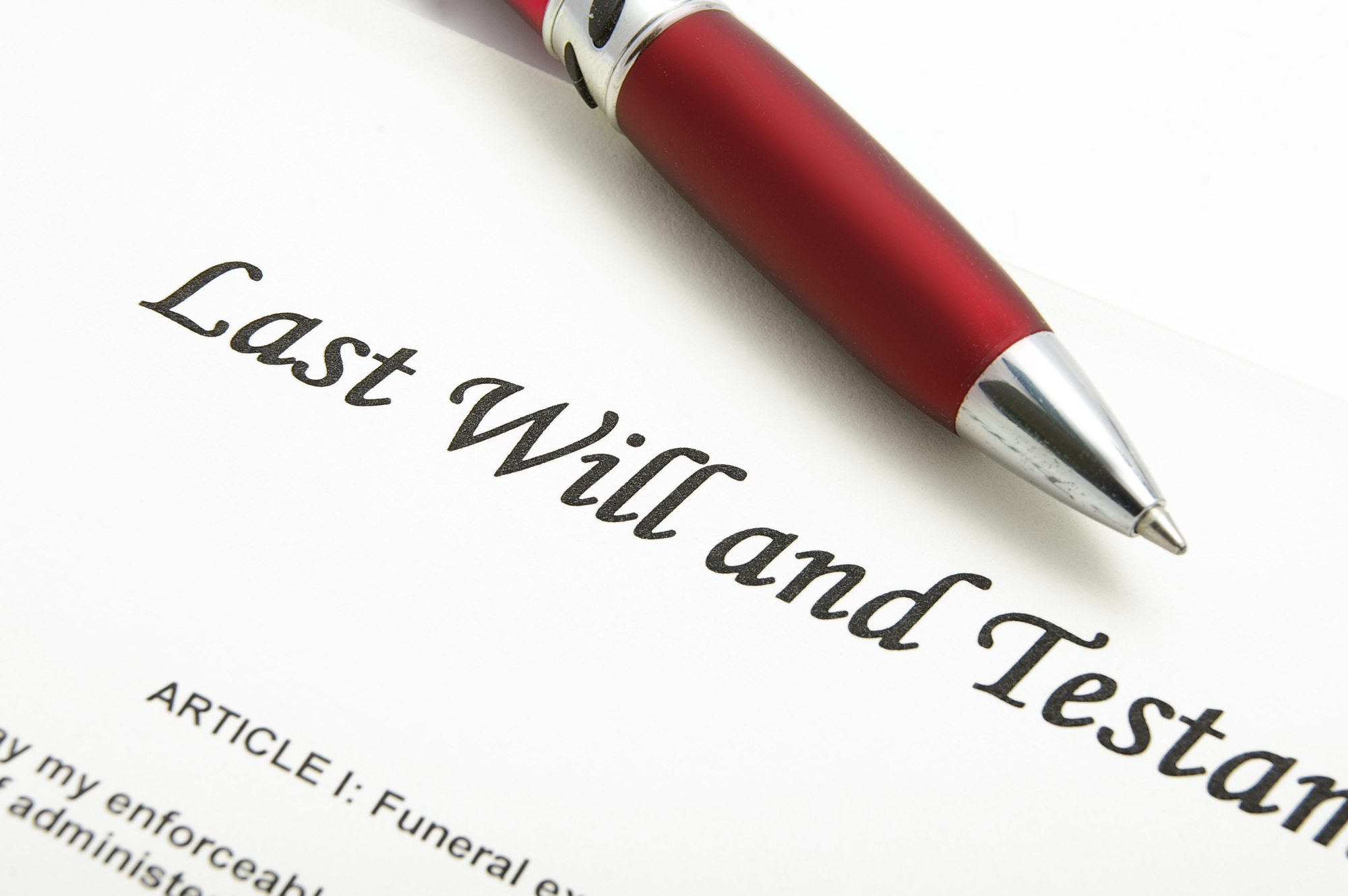Probate Lawyer
If you’ve ever wondered what probate court is, you’re not alone; it’s one of the most commonly asked questions of a probate lawyer Knoxville, TN. Probate court is often the last stop on the road to administering an estate after someone has passed away and left their possessions behind. When someone dies without leaving a will, the estate goes through probate court as it’s distributed to the people who have been named as beneficiaries in that person’s will or as otherwise designated by law. Read on to learn more about probate court from our friends at Carpenter & Lewis PLLC.
What is Probate?
Probate is the court-supervised process of distributing a deceased person’s assets to their heirs. The probate process can be lengthy and complicated, so it’s important to have a clear understanding of what it is and how it works before you find yourself in the middle of it.
Types of Cases Handled in Probate Court
Probate court handles a variety of cases, including wills, trusts, guardianships, and conservatorships. In some states, probate court also handles adoptions and name changes. Probate court is a court of law, but it is also a court of equity. This means that the court has the power to order the sale of property in order to pay debts or distribute assets according to the terms of a will or trust. In some circumstances, however, courts can overturn the provisions of a will if they are deemed unjust or against public policy. It’s important to note that there are limits on what probate courts can do when making decisions about whether someone should be appointed as an executor for an estate, whether certain items should be distributed from an estate and whether certain persons are entitled to inherit from an estate.
Applying for Assistance with Probate Matters
Probate court is a court of law that deals with the distribution of a deceased person’s assets. If you are named in a will as an executor, or if you are the spouse or next of kin of a deceased person who did not have a will, you may need to go to probate court. Probate court can also be used to settle disputes about wills and trusts, or to appoint a guardian for someone who is unable to take care of themselves.
The Role of an Attorney in Estate Planning
Estate planning is the process of creating a plan in advance for the disposition of your assets after your death. Probate is the court-supervised process of distributing a deceased person’s assets to their heirs. An attorney can help you with both estate planning and probate. A lawyer may be able to draft documents that will reduce the complexity of probate or avoid it altogether. For example, a living trust may enable an individual to avoid probate upon his or her death because assets are transferred automatically from one party (the trustee) to another (the beneficiary).
If there are many people involved in your affairs, such as children from different marriages, then it may be advisable for all parties to get professional advice about how best to protect their interests. A lawyer can help you determine which documents might need review by someone other than yourself–such as wills and trusts–and give you advice on who should manage them when they become necessary.
Contact a probate lawyer today for help!


